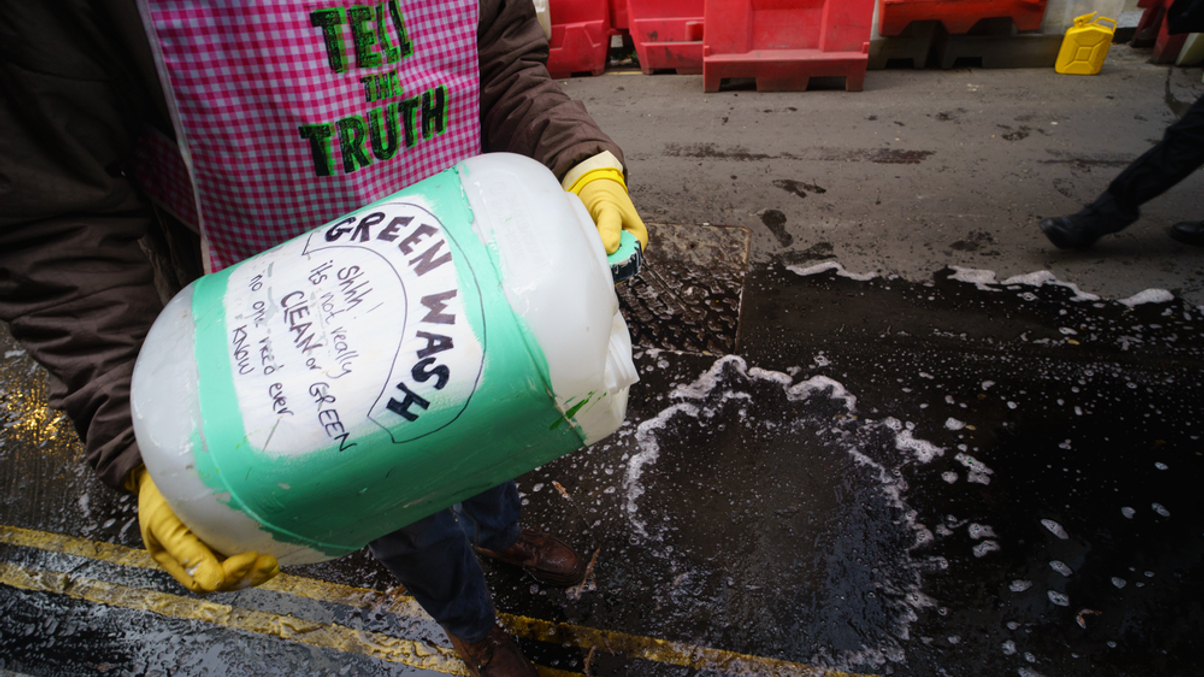DWS whistleblower says greenwashing is widespread
In new statements on the extent of greenwashing in the fund management industry, Desiree Fixler highlights some uncomfortable truths about sustainable investing.

Following her revelations that DWS was seriously overstating the extent of its green investment activity, sustainability expert Desiree Fixler has resurfaced with fresh accusations that the German fund house is not the only firm misrepresenting on the issue.
Sign in to read on!
Registered users get 2 free articles in 30 days.
Subscribers have full unlimited access to AsianInvestor
Not signed up? New users get 2 free articles per month, plus a 7-day unlimited free trial.
¬ Haymarket Media Limited. All rights reserved.


